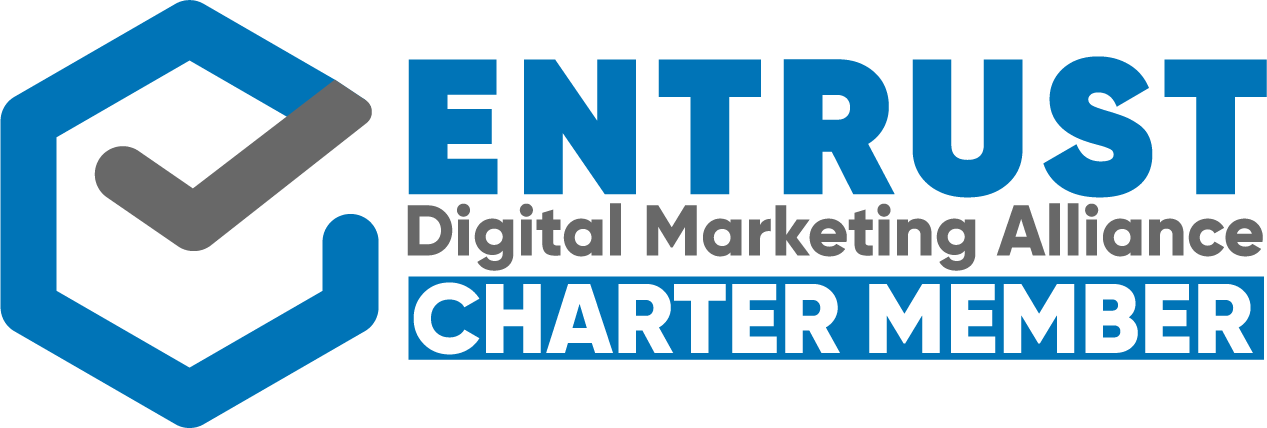Unlocking Boomer Loyalty: Essential Benefits They Value
 A Baby Boomer is someone born between 1946 and 1964. This generation is currently between 58 and 78 years old (in 2024). They tend to have a strong, loyal work ethic and excel at face-to-face communication and building relationships with colleagues. Boomers have a wealth of experience accumulated over long careers. They value jobs that allow them to leverage this experience and be seen as mentors or leaders. They are also loyal and expect loyalty in return.
A Baby Boomer is someone born between 1946 and 1964. This generation is currently between 58 and 78 years old (in 2024). They tend to have a strong, loyal work ethic and excel at face-to-face communication and building relationships with colleagues. Boomers have a wealth of experience accumulated over long careers. They value jobs that allow them to leverage this experience and be seen as mentors or leaders. They are also loyal and expect loyalty in return.
Unlock a Healthier You with Preventive Care
 The old adage “an ounce of prevention is worth a pound of cure” rings truer than ever in today’s world. While reactive healthcare plays a crucial role in treating illness, a growing emphasis is being placed on the power of health prevention and wellness.
The old adage “an ounce of prevention is worth a pound of cure” rings truer than ever in today’s world. While reactive healthcare plays a crucial role in treating illness, a growing emphasis is being placed on the power of health prevention and wellness.
Life Insurance on Your Terms: Unveiling Voluntary Coverage!
 Life Insurance at Work: Your Guide to Voluntary Coverage
Life Insurance at Work: Your Guide to Voluntary Coverage
We all juggle life’s different responsibilities, and ensuring our loved ones are financially secure in case of our passing should be a top priority. Life insurance offers a safety net but typically the amount of coverage included as a standard company-paid life insurance policy isn’t enough to cover the financial needs of your dependents. This is where voluntary life insurance comes in – an option your employer might offer as part of your benefits package.
Benefits Basics: What Is an EAP?
 Mental health isn’t just the absence of illness. It’s a continuum ranging from severe symptoms such as panic attacks and major depression to excellent mental strength and well-being.
Mental health isn’t just the absence of illness. It’s a continuum ranging from severe symptoms such as panic attacks and major depression to excellent mental strength and well-being.
Sometimes you’re not ill, but you aren’t well either – and you need help. If you’re feeling down about work or a problem in your life and need to talk to somebody, an Employee Assistance Program (EAP) is a great solution.
What Is Hospital Indemnity Insurance?
 No matter whether it is anticipated or unexpected, a hospital stay is expensive. According to HealthCare.gov, the average 3-day hospital stay in the United States costs around $30,000. Health insurance will cover some of the costs if you are admitted to the hospital, but you may have other out-of-pocket costs. Hospital Indemnity Insurance can help cover expenses that result from a hospital visit and unexpected emergencies.
No matter whether it is anticipated or unexpected, a hospital stay is expensive. According to HealthCare.gov, the average 3-day hospital stay in the United States costs around $30,000. Health insurance will cover some of the costs if you are admitted to the hospital, but you may have other out-of-pocket costs. Hospital Indemnity Insurance can help cover expenses that result from a hospital visit and unexpected emergencies.
8 Low or No Cost Employee Benefits That Engage and Retain Employees
 Free and low-cost employee benefits are perks that don’t cost you much financially. These perks are often simple to provide and help enhance an existing employee benefits package. Including non-traditional benefits in a job offer shows employees your values; they’re a promise to both current and potential employees that you’ll support them and treat them right.
Free and low-cost employee benefits are perks that don’t cost you much financially. These perks are often simple to provide and help enhance an existing employee benefits package. Including non-traditional benefits in a job offer shows employees your values; they’re a promise to both current and potential employees that you’ll support them and treat them right.
What Kind of Deductible Do You Have?: Embedded vs Aggregate
 Everyone needs health insurance but many people don’t fully understand it. One important concept to understand is your deductible. A deductible is the amount of money that must be paid for covered services before the health insurance company begins paying for expenses.
Everyone needs health insurance but many people don’t fully understand it. One important concept to understand is your deductible. A deductible is the amount of money that must be paid for covered services before the health insurance company begins paying for expenses.
For an individual plan, the deductible is straightforward. But family plans are a bit more complex.
Critical Illness Insurance: What Is It? Who Needs It?
 Critical illness insurance is known by many names: heart attack insurance, catastrophic illness insurance and sick insurance are just a few. No matter what it’s called, it’s designed to guard against the financial costs of a serious disease or condition.
Critical illness insurance is known by many names: heart attack insurance, catastrophic illness insurance and sick insurance are just a few. No matter what it’s called, it’s designed to guard against the financial costs of a serious disease or condition.
As the average life expectancy in the United States continues to increase, insurance brokers are finding ways to make sure Americans can afford the privilege of getting older. Critical illness insurance was developed in 1996, as people realized that surviving a heart attack or stroke could leave a patient with a mountain of medical bills.
Employee Benefit Trends for 2024
 The challenges that influenced the benefits landscape in 2023 persist—perhaps even more so. Rising costs, due to inflation and increasing health care prices, will continue to present challenges this new year. But employers who understand the benefits landscape for 2024 can mold their approach for the upcoming year.
The challenges that influenced the benefits landscape in 2023 persist—perhaps even more so. Rising costs, due to inflation and increasing health care prices, will continue to present challenges this new year. But employers who understand the benefits landscape for 2024 can mold their approach for the upcoming year.
Everyone Benefits From Year-Round Benefits Communication
 For most organizations, employee benefits communication kicks into high gear during open enrollment season. During this time, there is a surge in emails, educational webinars, fliers throughout the office, and a barrage of forms demanding signatures.
For most organizations, employee benefits communication kicks into high gear during open enrollment season. During this time, there is a surge in emails, educational webinars, fliers throughout the office, and a barrage of forms demanding signatures.
Post open enrollment, however, employees often receive minimal information about their benefits. While sporadic email updates or new laminated signs in the office kitchen may occur, a comprehensive, year-round employee benefits communication plan is often lacking.
This oversight represents a significant missed opportunity. An annual approach is insufficient to ensure that employees genuinely comprehend and effectively utilize their benefits.





